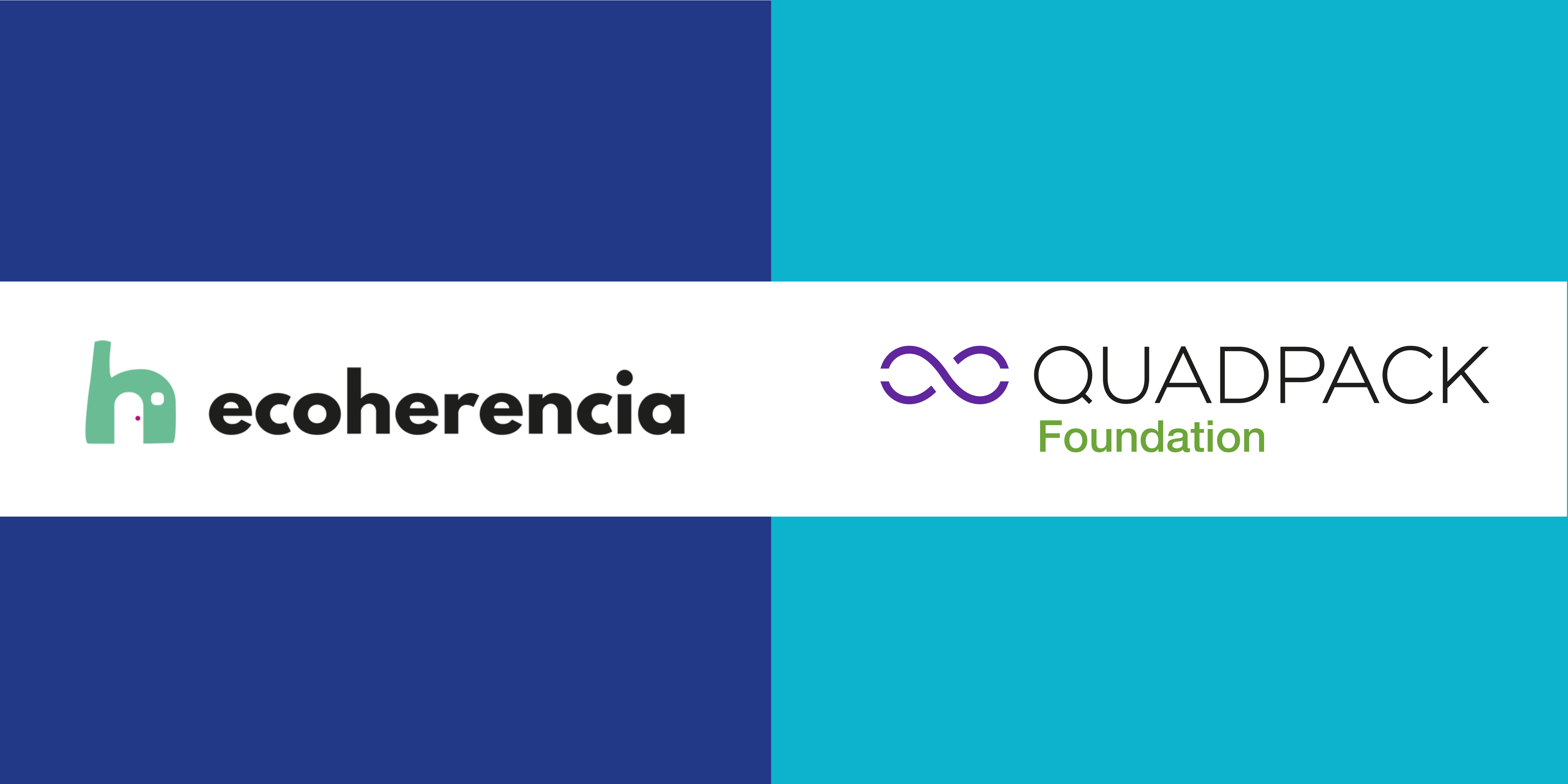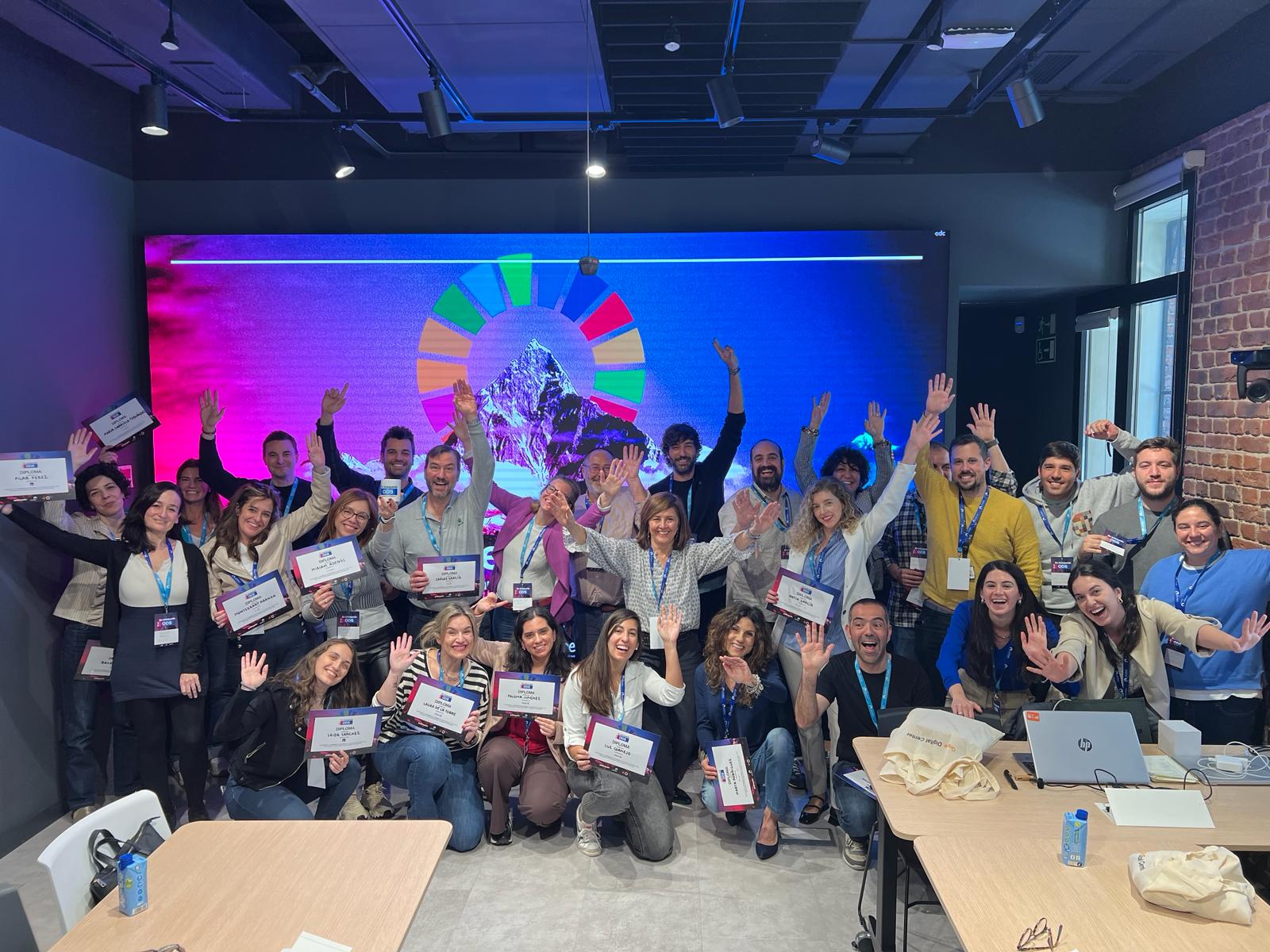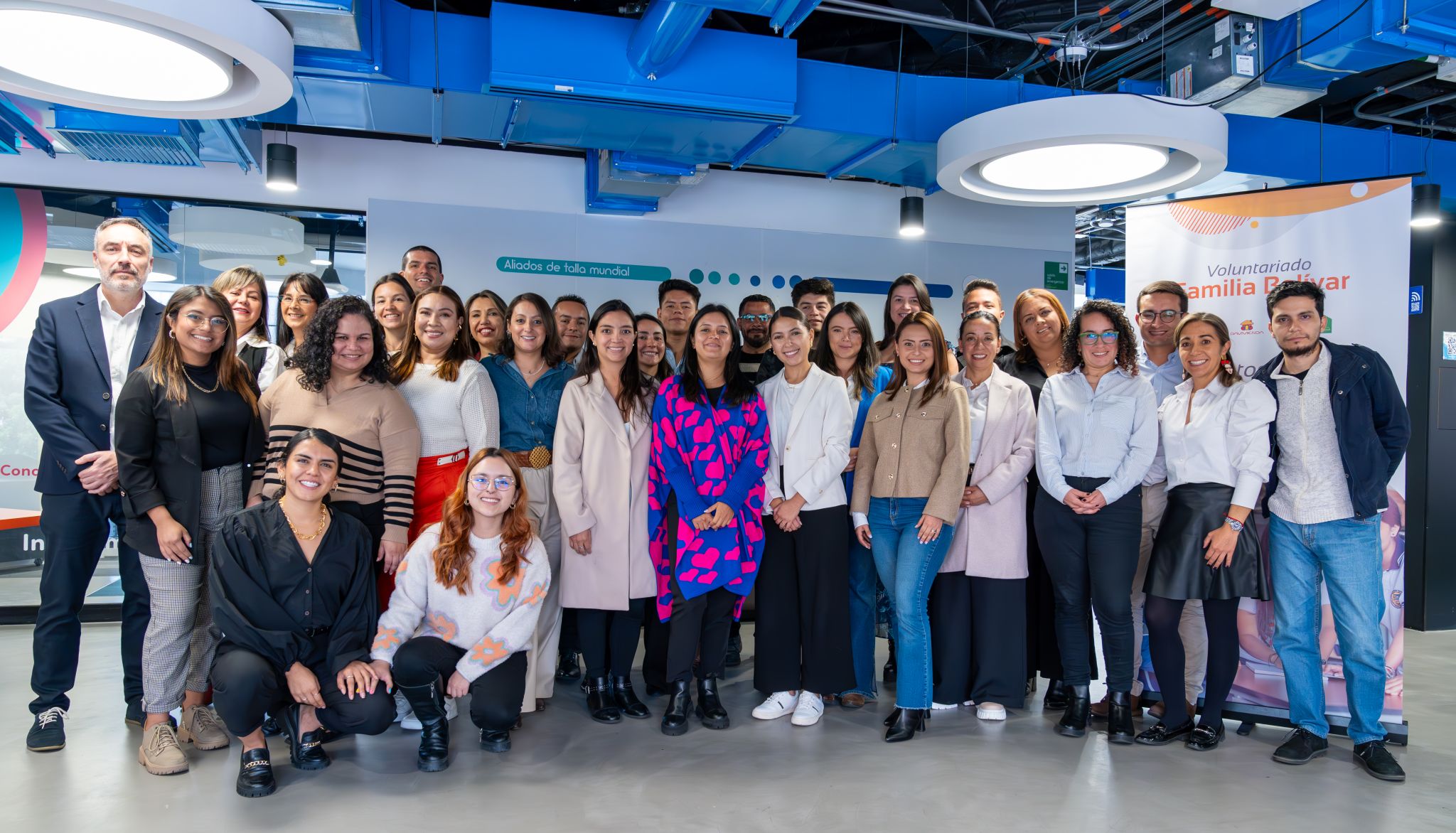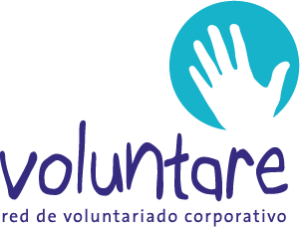Looking for a great employee volunteering and giving program? Your employees probably have the best ideas. In fact, they may have already started to change the world. Here are two examples of corporate volunteering programs built on the energy, enthusiasm, and expertise of employees.
Looking for great ideas
Earlier this year, RW was privileged to participate in the EVEN Round Table event held in Brussels. The purpose of the meeting was to share examples of projects on two specific themes:
- Meeting the needs of vulnerable people
- Reducing youth unemployment
The event brought representatives from the corporate and civic sector into one room to present examples of employee volunteering initiatives that have brought about positive societal impact. As a representative for Realized Worth, I scoured the work of our clients, partners, and companies of interest in search of such examples. The two I chose to share in Brussels are particularly notable because of their grassroots beginnings. In these examples, individuals who believe strongly in something demonstrate how one person really can make a change.
Where does change come from?
The Microsoft TEALS Program: Technology Education and Literacy in Schools
It started in 2009 with a single employee and former teacher Kevin Wang. In Kevin’s teaching years, he suspected a steady decline in the number of students who chose to sign up for computer science classes. Upon researching the issue, it turns of Kevin was right—less than 0.6 percent of all students who took Advanced Placement tests in 2011 opted to take a computer science course.* Kevin felt strongly that the problem was not lack of interest—the problem was limited availability.
With a passion to increase the availability of computer science classes to high school students, Kevin founded TEALS (Technology Education and Literacy in Schools). TEALS is a program that trains, mentors, and places high-tech professionals from companies like Microsoft as volunteer computer science teachers. What began with 12 students in a single volunteer program in a single school now has 110 employee volunteers in 37 schools and is expected to impact more than 2,000 high school students in the 2012/13 school year. As evidence of the impact, in the 2012/13 school year, TEALS students averaged a 3.47 on the AP CS test, 14% above the national average from 2012.
TEALS is now a formal part of Microsoft’s YouthSpark program. Launched in 2012 and recently expanded, YouthSpark aims to connect 300 million youth to education, employment and entrepreneurship over the course of three years. With a huge organization like Microsoft, a critical factor is to connect employees with volunteering opportunities quickly, easily and effectively. Microsoft has created a cloud based tool called Volunteer Manager to connect their employees skills to the skills needed in the community.
Technology is a wonderful thing, especially used as a way to scale ‘good’.
– Kevin Espirito, Director of Community Affairs, Microsoft
ROMASTER Program: For future Roma leaders
Within Hungary exists a visible minority known as Hungarian Roma (magyarországi romák), who are citizens of Roma descent. During the decades of Communism, this population was fairly integrated and were employed in state-owned factories. But in the 1990s these sites were sold off or shut down. The result has been staggering levels of unemployment and a severe lack of education. These circumstances breed an increasing cycle of poverty, welfare dependence, and petty crime.
During an Hungarian Business Leaders Forum (HBLF) event, business leaders heard a story about a fellow Hungarian corporate leader who decided to support Roma children in their education from his own money. The idea seed fell into good soil as IBM in that year launched their global corporate citizenship program focusing on ethnic minorities. The three pillar program (financial support, mentoring and internship placement/employment) was first launched with 2 high school students in the 2007/08 term. The first Roma graduate within ROMASTER left University in 2010, making 8 graduates within the program so far, 7 BA and 1 MA. In the 2013/14 term, the number of grantee students expanded to 60 with 27 companies as donors.
Learn more about the Hungarian Business Leaders Forum.
The goal of ROMASTER is to “further develop a community with tertiary education and language skills within Roma society to later participate in the competitive economy …” (an interesting bilingual study explains the necessity, as well as the benefits, of Roma education in Hungary).
A great example of skill-based volunteering: Mentoring the mentors
Mentors are the heart of the program and their influence is critical to the success of the Roma youth. They are role models who demonstrate skills to run a successful life, to motivate when in difficult situations, to guide the young individuals to choose the best profession for themselves. Usually mentors come from middle-management, but not always. Csaba László, for example, who is Senior Partner of KPMG Hungary, made the commitment and mentors a student from his hometown, Debrecen. Companies like Morgan Stanley, Pfizer, Vodafone, and Prezi invite their employees to enter the selection process that will enable them to become a mentor. Prezi alone is supporting 5 students. Prezi mentors, in order to provide consistency for the Roma youth, are required to continue the program even if they leave the company. Mentors are actively involved in the selection of Roma student applicants in the program, where grades, social circumstances, and motivation are considered.
Throughout the years, lessons learned from each mentoring relationship naturally paved the path for a Mentor Academy program within ROMASTER, which is a series of courses run solely on pro bono by professionals and other civic organizations to provide tools and coaching for mentors. During the annual student summer camp, professionals from training and consulting companies, psychologists, peer mentors, and even theatre groups offer their knowledge.
Kincső Adriány (executive director of HBLF) and Flóra Kárpáti (director of ROMASTER Foundation) agree that given the success of the program they would love to share what they’ve learned and enable others to implement similar programs wherever this social issue is equally relevant. Their biggest challenge is to make ROMASTER sustainable. Currently, 25% of students fall out of program due to family circumstances, geographical distance from their role model, and the pressures of school, life, and finances.
HBLF is a partner organisation to the Prince of Wales International Business Leaders Forum in Hungary.
Sustainable partnerships are key to mobilizing the best our employees have to offer.
Sustainable partnerships within the private, civic, and public sectors are key to identifying solutions to pressing societal issues around the world.
The United Nations Office for Partnerships and the United Nations Volunteers are developing plans to host the first Global Summit for the Advancement of Corporate Volunteering in May of 2014 in NYC. Realized Worth facilitated the first strategic meeting with 34 leading corporate companies’ delegates on September 23rd in NYC UN Headquarters hosted by UNOP, UNDP, and UNV. The purpose of the summit is to invite corporations into a contextualized dialogue regarding their current plans and practices of employee volunteering programs on a local, national and international stage.
Fuente: Monika Hodosi (Realized Worth)




